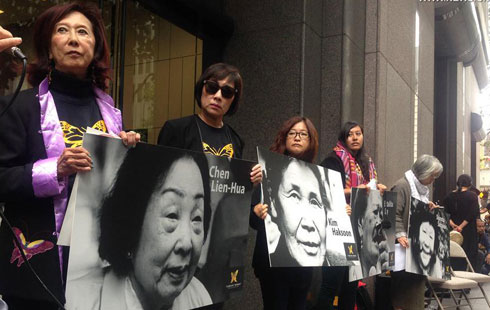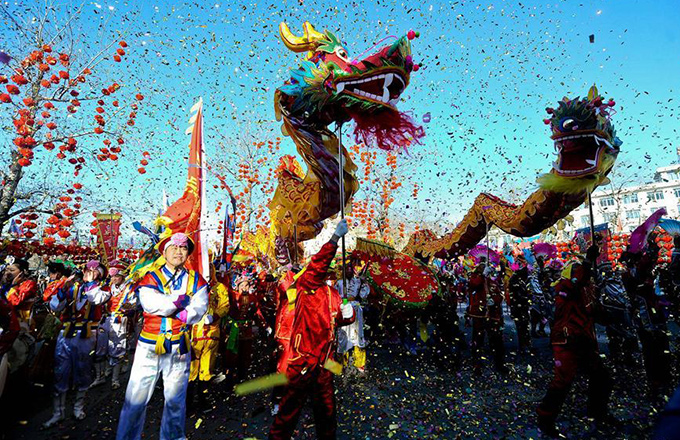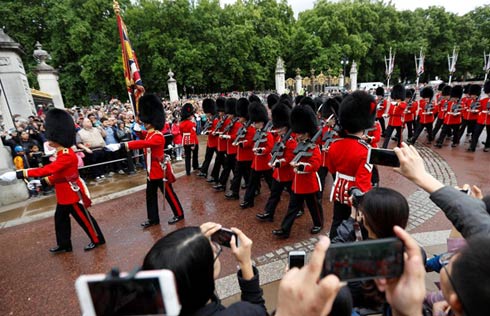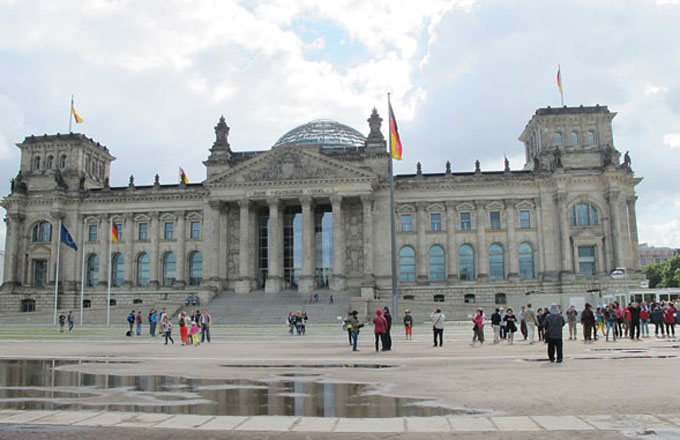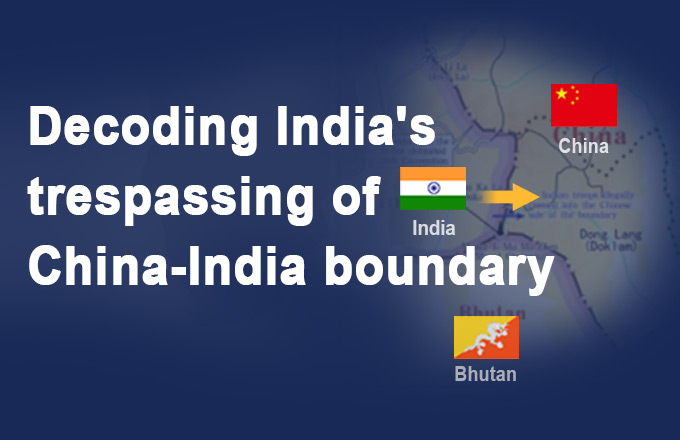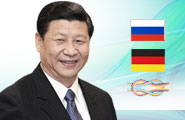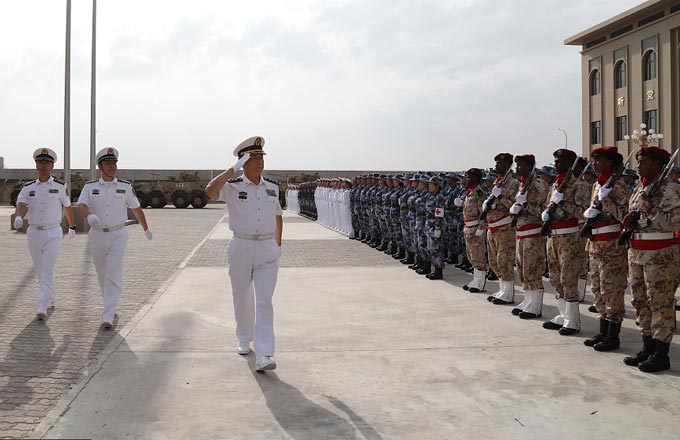PLA, US military to work together
Top generals open communication channels, look to cooperate further
Top Chinese and US military officials agreed to further develop military relations and exchanges amid growing tensions on the Korean Peninsula.
The two militaries also signed the framework to build a new communication mechanism for their joint staff departments. Since the department plays a crucial role in actual combat operations, experts said the new mechanism would strengthen effective communication, reduce miscalculations and improve risk management in Asia's increasingly complex geopolitical climate.
General Fang Fenghui, chief of the People's Liberation Army's Joint Staff Department, met his US counterpart, Marine Corps General Joseph Dunford, chairman of the US Joint Chiefs of Staff, in Beijing on Tuesday. This is Dunford's first visit to China in his position and the highest-ranking military official to visit China since US President Donald Trump took office.
Dunford also will visit a military base in the PLA's Northern Theater Command on Wednesday to interact with Chinese soldiers and officers, as well as to observe a military exercise by the Chinese military.
During the meeting, Fang said that President Xi Jinping and Trump valued the friendly development of the two militaries and developed the blueprint and direction for its development. He said cooperation is the only right option for China and the US, and the two sides could be great partners.
The Chinese military is willing to work with its US counterpart to strengthen mutual understanding and trust, deepen cooperation and manage risks and differences in an appropriate and effective manner, Fang said.
Dunford said the US military will continue to develop Sino-US military relations and added both sides should take every opportunity to deepen communication and tackle current issues in a constructive way.
"Although we might not share the same perspective on many of the difficult issues," he said, "we do share the same commitment to solve them."
The two officials also exchanged opinions on Taiwan, the South China Sea and the nuclear issue on the Korean Peninsula and other issues of mutual concern.
Dunford's visit to China is the second of three stops in his trip to Asia. He visited the Republic of Korea on Sunday and travels to Japan later this week.
The two militaries already have dialogue mechanisms across many military ranks and services, including the Defense Policy Coordination Talks for senior military officials, and dialogue and cooperation mechanism for the armies and navies, said Senior Colonel Zhao Xiaozhuo, a researcher at the PLA Academy of Military Science.
"But most of those mechanisms typically focus on policies, military building or exchanges on a specific issue or a branch of military," Zhao said. "It is very important for joint staff departments, which encompass all military branches and serve as one of the backbones of military operations, to have regular exchanges. This is a very positive step in building mutual trust and cooperation."
Dunford's visit came at the heel of intense exchanges between President Trump and the Democratic People's Republic of Korea. This month, China agreed to the toughest United Nations Security Council sanctions to date against the DPRK. China's Ministry of Commerce and customs administration enforced the sanction on Tuesday by fully banning imports of coal, iron, lead, ores, and seafood from the DPRK.
On Monday, the US staged joint military exercises with Japan and would also hold similar exercises with the Republic of Korea in the region next week, which may antagonize the DPRK and undermine regional peace.
"China and the US both have responsibility in maintaining regional peace in Asia," Senior Colonel Zhou Bo, a security expert, said. "The new mechanism will play a significant role in exchanging ideas for dealing with major military issues in the region, which in term will reduce the chance of miscalculation and improve risk management between the two militaries."
Contact the writer at [email protected]
- Moon, Trump discuss Korean Peninsula issues
- China calls on US, DPRK to refrain from escalating tensions on Korean Peninsula
- Trump asking too much from Beijing on peninsula issue
- Xi urges restraint on Korean Peninsula nuclear issue in phone talks with Trump
- S. Korea, Japan leaders talk over phone on Korean Peninsula issues






